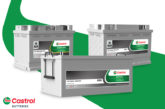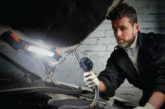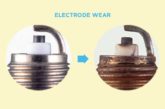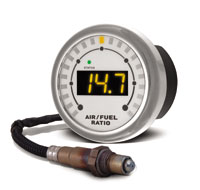
Brand new replacement turbochargers are precision manufactured, finely balanced and highly sophisticated. When you consider what goes into them, you might agree they’re good value, but few would claim they’re cheap.
The search for a lower cost alternative has led many a price-conscious owner/fitter to look at reconditioned or remanufactured turbochargers. Reconditioned parts, such as starter motors and alternators, have been a popular fitment for decades, so why not a recon or reman turbo?
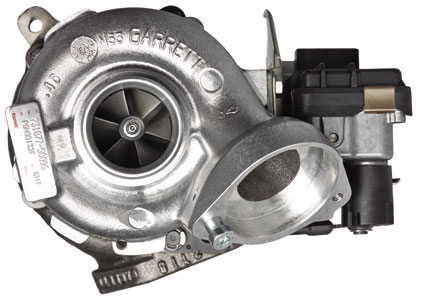
What’s in a name?
Recondition means ‘to overhaul or renovate’; in other words, to repair. Remanufacture means, literally, to remake into a new product. However, the terms are often used loosely and some companies who say they remanufacture are really only repairing. If possible, you should check the processes they use and satisfy yourself as to whether they’re reconditioning or remanufacturing.
Remanufacturing with BTN Turbo
BTN Turbo started out 40 years ago by remanufacturing wastegated commercial vehicle turbos.
“With a remanufactured turbo from us, it’s always clear what you’re getting,” explains Mark Dickinson, Managing Director of BTN Turbo. “All policy parts are replaced 100% of the time and any parts not conforming to OE specification are also replaced with new components sourced from the original manufacturer. Therefore we know these parts will be to exactly the correct specification and tolerances.
“We assemble the turbo using the original manufacturer’s settings and calibration. So you end up with a turbo that’s remanufactured to precisely the same spec as the original factory unit, and performs in precisely the same way.”
What about variable turbos?
The question of setting up a reconditioned or remanufactured turbo becomes more important with more complex turbos. Simple wastegate turbos are easier to set up and calibrate, but the majority of turbos now fitted by car and LCV manufacturers are the variable turbine type; for example, Garrett’s VNT and BorgWarner’s VTG.
In these turbos, the settings of the moving vanes or nozzles are determined either by a pneumatic actuator or an electronic control unit (ECU), which ensures they’re positioned correctly to provide the optimum boost for any engine speed and load.
The tolerances are so minute on variable turbine turbos that they can only be successfully achieved on the original manufacturer’s production line. BTN Turbo doesn’t attempt to remanufacture variable turbos itself; instead it offers the OMX range of remanufactured turbos, which come direct from the original manufacturer.
Garrett, manufacturers of the VNT variable turbine turbocharger, goes a step further. To discourage reconditioning, Garrett won’t supply any spares for VNT turbos. Instead, it offers Garrett Original Reman units, remanufactured on its own production line to cover popular applications, and available from BTN Turbo.
The appeal of recon
There will always be makers of copies and pattern parts that undercut the price of the original manufacturer’s components. Their lower cost makes them more attractive to those reconditioners whose sales argument may be based on price. Does this matter? After all, millions of reconditioned starters and alternators have been fitted over the years and gone on to provide good service. Turbos, however, operate in a much more hostile environment. Starters and alternators turn at a few thousand rpm. A turbo spins considerably faster – at up to 360,000 rpm (6,000 revs per second) – while coping with temperatures up to 950°C.
Consequently, a correct, continuous oil supply is vital to the turbo’s survival. Photos from Garrett’s rogue’s gallery of reconditioned turbos (see example, above) show copy parts with missing vital oil ways and bearings that were pitted or heavily contaminated when fitted, restricting the flow of oil. Not all reconditioned turbos are this poor, but unless you dismantle the unit it’s impossible to assess its internal condition.
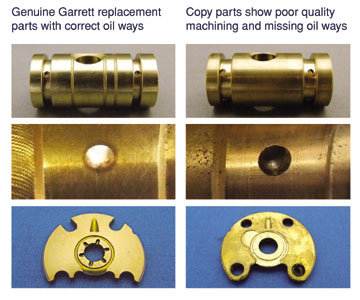 What price reliability?
What price reliability?
So what’s the final verdict on reconditioned versus remanufactured turbos? “Recon turbos generally cost less than reman and, if you’re fortunate, will work sufficiently well to give the vehicle a longer working life,” says Mark.
“A properly remanufactured turbo is built using new parts to match the correct original specification, so it will provide the same performance and reliability as the original unit.”
BTN Turbo’s OMX remanufactured turbos come with a two year warranty – exactly the same as on brand new turbos direct from the manufacturers. It’s also worth bearing in mind that all turbos from the company – new or reman – come with a free FitKit, containing all the gaskets and fittings for installation, plus an oil-filled syringe for pre-priming the turbo.





